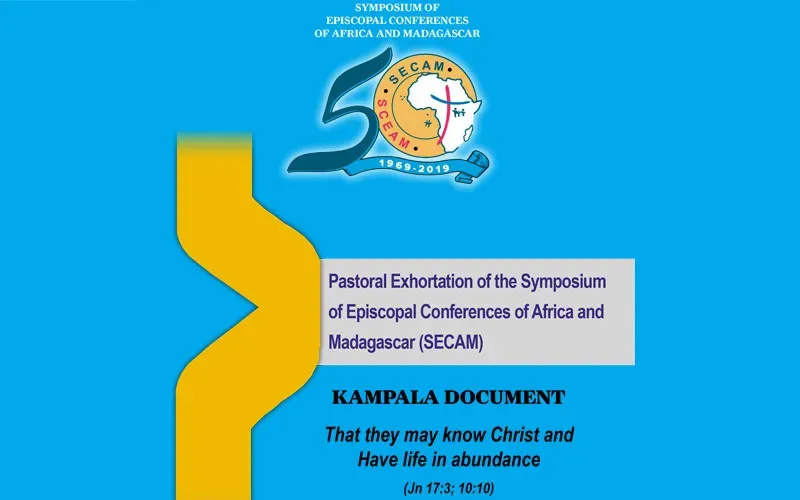Nairobi, 14 May, 2022 / 4:45 pm (ACI Africa).
An official of the Symposium of Episcopal Conferences of Africa and Madagascar (SECAM) has urged Christians on the second largest continent to lead prayers in their respective families as a way of exercising the priestly authority received at their baptism.
In an interview with ACI Africa on the sidelines of the Congress on family as domestic church held in Nairobi, the First Deputy Secretary General of SECAM said that a baptized person is a priest at home and should participate in prayers together with family members.
Fr. Rafaeli Simbini Junior said that the four-day congress that started on Tuesday, May 9 was motivated by the Kampala Document (KD), the 100-page publication that resulted from the discussions, which SECAM members had at the conclusion of the year-long Golden Jubilee celebrations of their Symposium (July 2018 to July 2019), held in in Uganda’s Archdiocese of Kampala.
“The baptism that we received made us priests, so every baptized person is a priest at home. We exercise our priesthood, our baptismal priesthood by speaking with God, by praying together as a family,” Fr. Simbini said during the Wednesday, May 11 interview.
The Mozambican-born Catholic Priest who coordinates the Evangelization Commission of SECAM from its headquarters in Accra, Ghana, said that for the family to merit as a domestic church, then what is happening at the church should happen at home.








